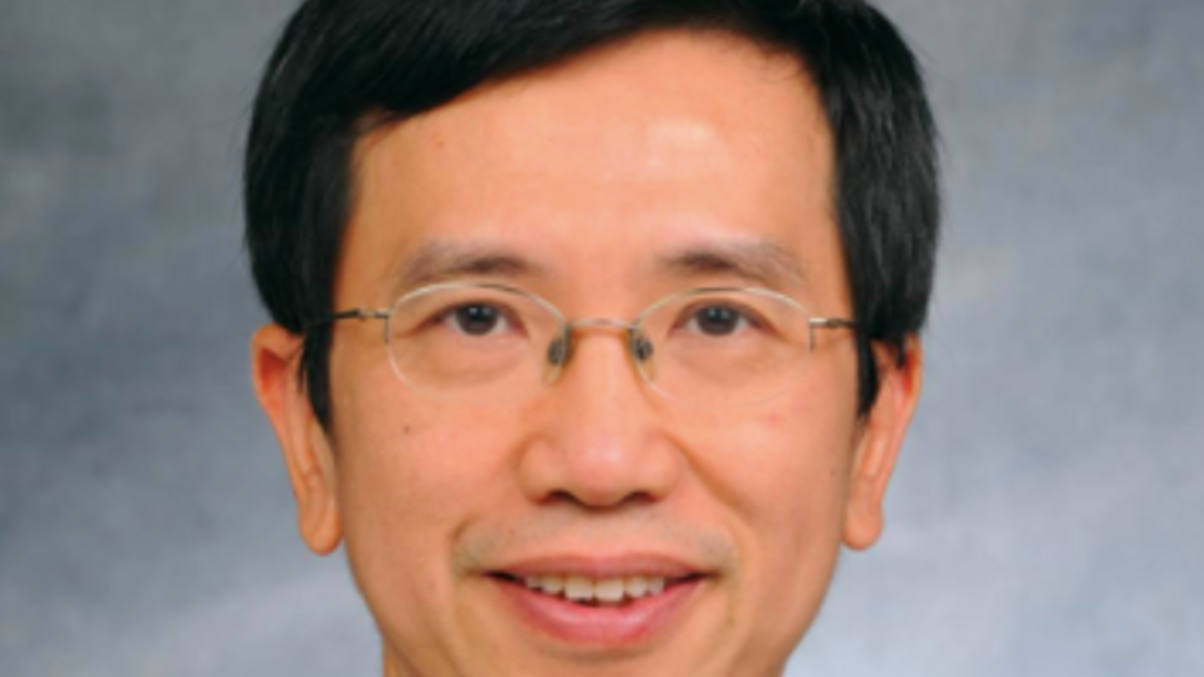HK's Insurance Authority prepares for new head
John Leung, the new insurance regulator's chief, leaves in late June. Its soon-to-be-announced new head will need to add staff and promote Hong Kong as an insurance hub.

John Leung Chi-yan, the Insurance Authority’s chief executive, is complaining of lack of sleep.
In his budget statement on February 28, Financial Secretary Paul Chan handed the Insurance Authority, or IA, two new assignments, piling on the pressure for the newly constituted regulatory body.
When Chan delivered his speech he asked the watchdog to draw up guidelines for tax concessions on deferred annuity products, in order to improve retirement planning for Hong Kong’s aging population.
Sign in to read on!
Registered users get 2 free articles in 30 days.
Subscribers have full unlimited access to AsianInvestor
Not signed up? New users get 2 free articles per month, plus a 7-day unlimited free trial.
¬ Haymarket Media Limited. All rights reserved.


